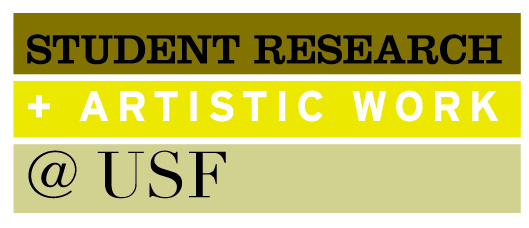Loading...
Major
Philosophy
Research Abstract
Currently, intellectual property (IP) law recognizes two main philosophical justifications for patents (i.e. useful inventions) and copyright (i.e. original works of authorship): utilitarianism and labor theory. The former holds that IP incentivizes innovation and creativity; the latter holds that because someone produces an idea, the idea is subject to their ownership. This paper will examine, on first principles, if such justifications for property rights in the ideal objects (i.e. intangible goods) placed in patents and copyright are legitimate, and to demonstrate why ideal objects are, in effect, ideas and cannot be legitimately owned (much less owned at all) according to the first-user basis common in libertarian views of legitimate property rights. To determine whether an idea is subject to ownership, we ask the following: is it still (1) scarce (i.e. not abundant), (2) rivalrous (i.e. cannot be simultaneously used by more than one person without creating the possibility of conflict), and (3) private (i.e. exclusive to a person or group’s control) once the originator of the idea places it in a tangible medium and consents to its release into the public sphere? Since ideas expressed in patents and copyright do not meet all these conditions, they are not subject to ownership. Moreover, patents and copyright show that access is an essential form of possession. Without indefinite access to (i.e. the freedom or ability to obtain or make use of something) and full possession of (i.e. having full physical control over) something, there is no legitimate claim to ownership over it. Some of the philosophical implications in maintaining patents and copyright are also explored, including why, even considering some concerns that might follow from the absence of IP rights (e.g. concerns about secrets and attribution), patents and copyright are still illegitimate property rights and a detriment to legitimate claims of ownership. Essentially, ideas are unownable.
Faculty Mentor/Advisor
Gerard Kuperus
Who Owns Ideas?
Currently, intellectual property (IP) law recognizes two main philosophical justifications for patents (i.e. useful inventions) and copyright (i.e. original works of authorship): utilitarianism and labor theory. The former holds that IP incentivizes innovation and creativity; the latter holds that because someone produces an idea, the idea is subject to their ownership. This paper will examine, on first principles, if such justifications for property rights in the ideal objects (i.e. intangible goods) placed in patents and copyright are legitimate, and to demonstrate why ideal objects are, in effect, ideas and cannot be legitimately owned (much less owned at all) according to the first-user basis common in libertarian views of legitimate property rights. To determine whether an idea is subject to ownership, we ask the following: is it still (1) scarce (i.e. not abundant), (2) rivalrous (i.e. cannot be simultaneously used by more than one person without creating the possibility of conflict), and (3) private (i.e. exclusive to a person or group’s control) once the originator of the idea places it in a tangible medium and consents to its release into the public sphere? Since ideas expressed in patents and copyright do not meet all these conditions, they are not subject to ownership. Moreover, patents and copyright show that access is an essential form of possession. Without indefinite access to (i.e. the freedom or ability to obtain or make use of something) and full possession of (i.e. having full physical control over) something, there is no legitimate claim to ownership over it. Some of the philosophical implications in maintaining patents and copyright are also explored, including why, even considering some concerns that might follow from the absence of IP rights (e.g. concerns about secrets and attribution), patents and copyright are still illegitimate property rights and a detriment to legitimate claims of ownership. Essentially, ideas are unownable.



